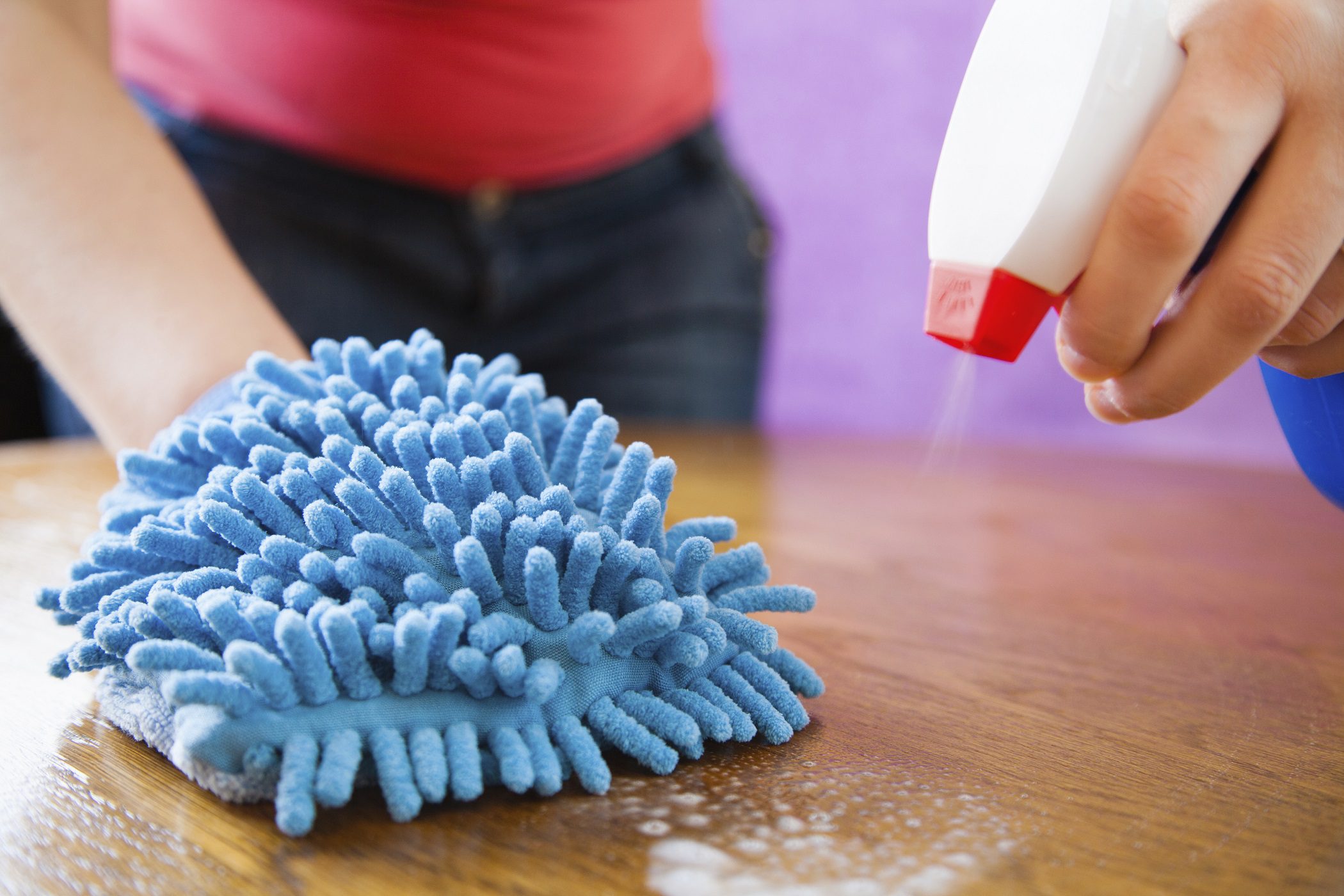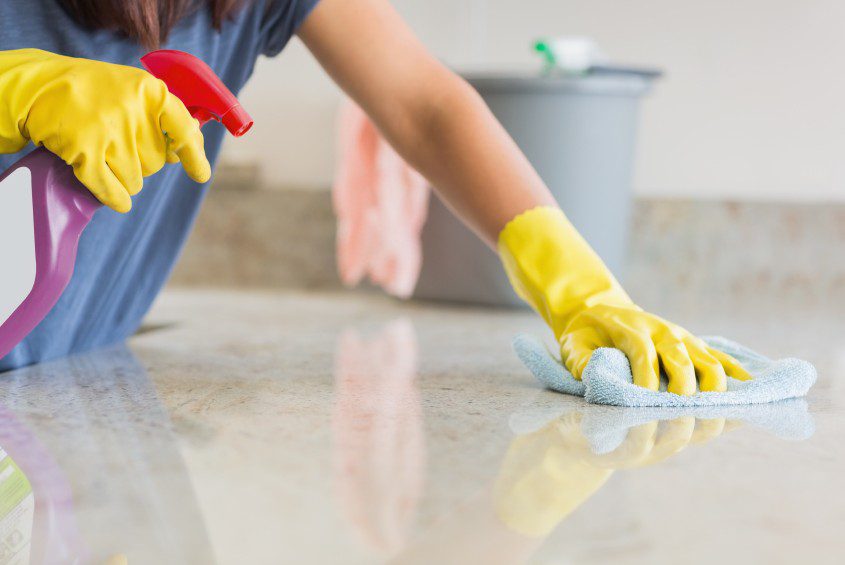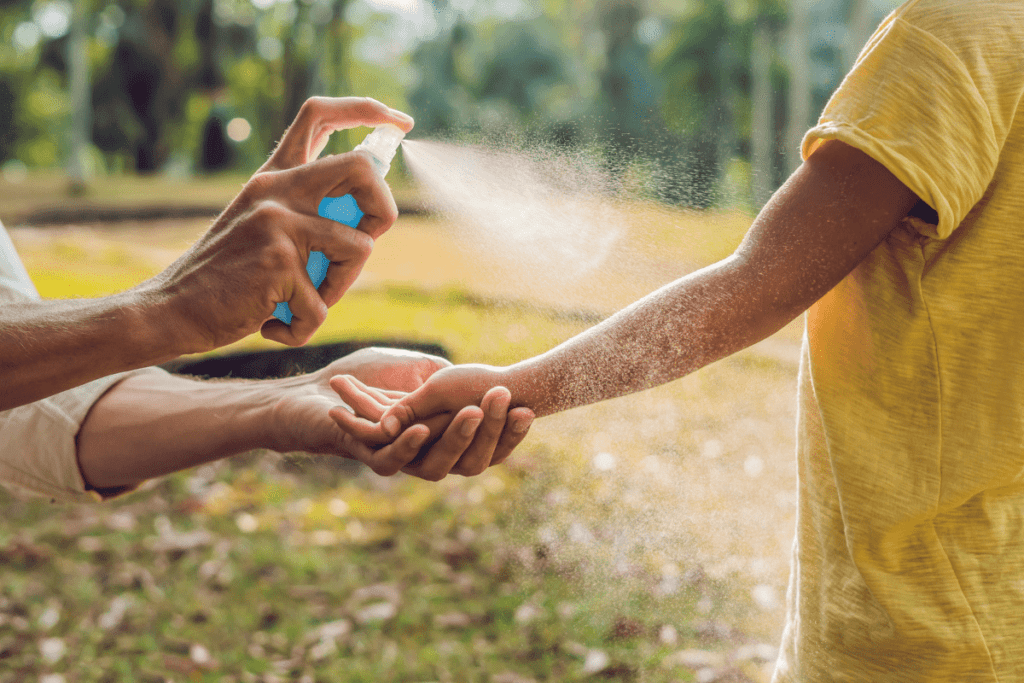Air quality in our homes is very important for our health, especially today as Canadians are spending more time at home to help curb the spread of the COVID-19 virus. Public health authorities are also urging Canadians to regularly clean and disinfect their homes, so we need to do our best to also minimize our exposure to harmful chemicals in the cleaners we use.
The issue with cleaners
Cleaning products often contain chemicals that have been found to harm our health such as hormone-disrupting phthalates or VOCs, both which have a range of health risks. Reducing these harmful chemicals in indoor air has great health benefits, especially when children and other vulnerable individuals (e.g. pregnant women, asthmatics, and people with chemical sensitivities or respiratory conditions) are spending more time at home. And if physical distancing measures must continue beyond a couple of weeks, the case of reducing our chronic exposure to toxics from cleaners will become even more compelling.

We’ve reviewed the scientific evidence and consulted experts on the subject so that we can provide you with informed advice on how you can protect your family from harmful chemicals while doing your part in “flattening the curve” and reducing the number of people who get sick.
Here are five key tips to minimize your exposure to harmful chemicals while protecting you and your family from COVID-19:
- Wash your hands and stay home
Washing your hands regularly (for at least 20 seconds) and maintaining two metres of physical distance from others outside your household is the most important thing you can do. These practices are not only key for overcoming the pandemic, they also reduce the need for excessive disinfecting. Think about it: if you are staying home, avoiding contact with others and washing your hands regularly, you are also lowering the chances of bringing the virus into your home. - Avoid hand soaps with “antibacterial” claims and hormone disrupting chemicals
When it comes to hand soap and dish detergents, don’t be tricked by antibacterial marketing claims. These products are likely to contain harmful antibacterial agents (remember triclosan?) that do nothing to kill viruses or improve the cleansing effect of soap. The science is clear that regular soap and water for handwashing is enough to kill the COVID-19 virus. When available, choose soap that doesn’t contain phthalates (hidden in fragrance formulas) or parabens. - Choose safer disinfectants with alcohol or hydrogen peroxide
Public health authorities recommend that we disinfect commonly touched surfaces (door knobs, remote controls, keyboards, phones) at home to get rid of any lingering viruses. The problem is that many approved disinfectants and wipes contain harmful chemicals like quats (or quaternary ammonium compounds). Quats are lung and skin irritants and have been linked to reproductive health problems in animal studies. The overuse of quats in recent years has been found to contribute to “superbugs” – bacteria that resists important antibiotic medicines. Another common ingredient is chlorine bleach (usually listed as sodium hypochlorite) – also a very harmful chemical.The good news is that some approved disinfectants contain safer active ingredients such as alcohol, hydrogen peroxide, lactic acid or peroxyacetic acid. Choose products containing these ingredients when available. - Ventilate your home when disinfecting and cleaning
Can’t find a safer disinfectant? Don’t fret! You can still reduce your exposure to harmful chemicals in cleaning products by ventilating your home during and after cleaning. Some ways you can do this include opening your windows and balcony doors and turning on fans. When using harsh disinfectants, you can also send your kids to the backyard while you clean to reduce their exposure to pollutants. - Get rid of dirt and grime with non-toxic cleaners
When doing general cleaning around the home to get rid of dirt, grime and grease, opt for toxic-free detergents and all-purpose cleaners. While homemade vinegar and baking soda based cleaning solutions are not effective in killing the COVID-19 virus, they are effective cleaners for ridding your home of some harmful bacteria.
We know this is a difficult time for many people — but despite physical distancing, this public health crisis has brought people together in a way that should give us all a great deal of hope that we will emerge from this stronger than ever and ready to tackle other crises like pollution.
If you are able, we hope you will consider making a donation to help us continue our work in protecting our environment and the health of your family and friends. In the meantime, we will continue to be in touch with more helpful resources on how you can avoid toxics as we get through this together.









